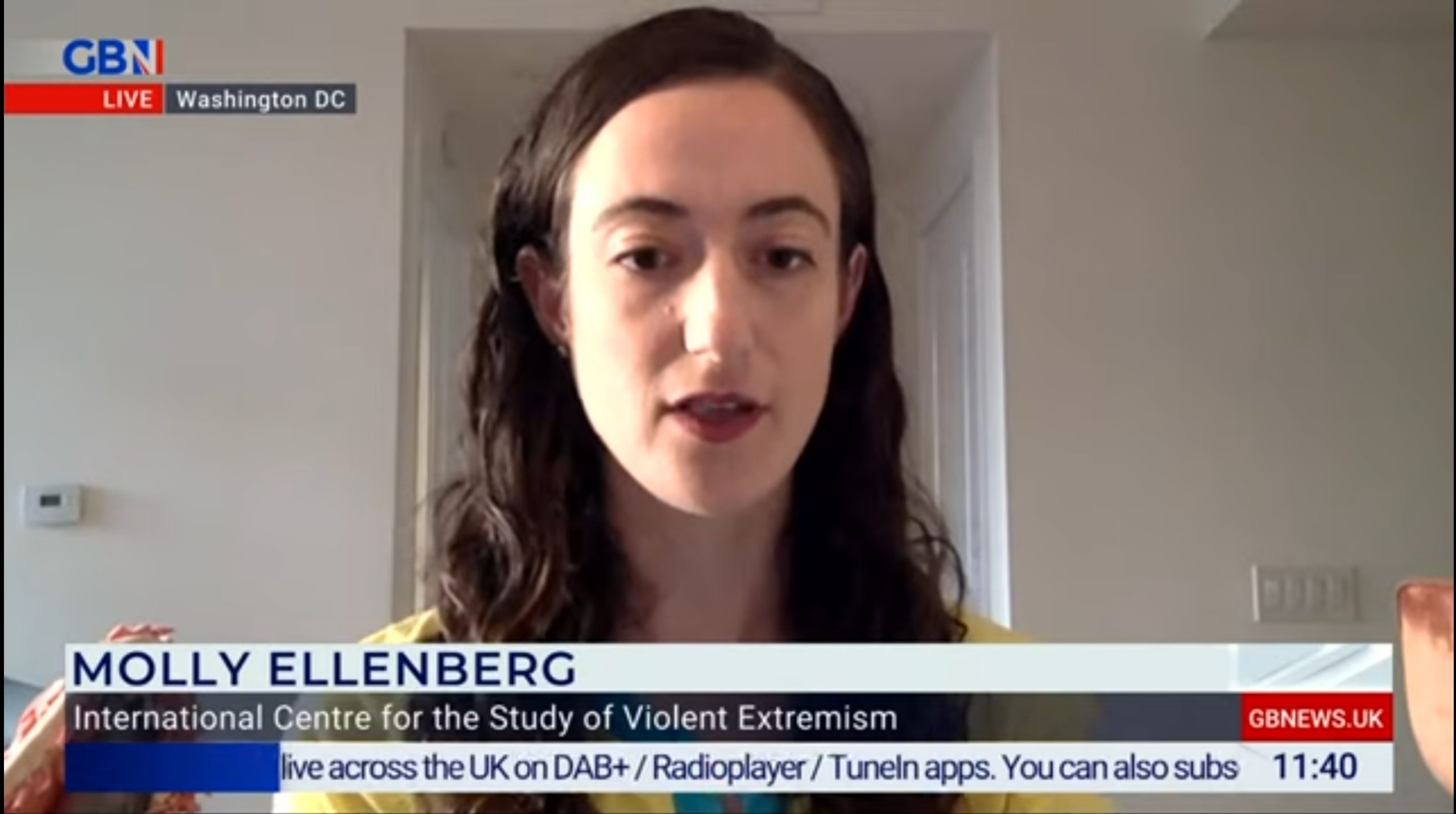
ICSVE participated September 14-15th in the 2020 OSCE-wide Counter-Terrorism Conference
ICSVE participated September 14-15th in the 2020 OSCE-wide Counter-Terrorism Conference – Effective Partnerships against Terrorism and Violent Extremism and Radicalization that Lead to Terrorism. This is our intervention that ICSVE presented on September 15th to Session V: Promoting Effective Approaches to Prosecution, Rehabilitation and Reintegration:
Promoting Effective Approaches to Prosecution, Rehabilitation and Reintegration
There has been strong resistance particularly by Western and EU countries to repatriate and bring their ISIS citizens to justice at home. At the International Center for the Study of Violent Extremism (ICSVE) we have as part of a total of 247 in-depth psychological interviews ICSVE has made of ISIS cadres—defectors, returnees and prisoners, interviews of 102 men and 21 women in NE Syria. In total, we have interviewed 112 foreign fighter men and 20 foreign fighter women interviewed in Syria, Iraq, and in their home countries after returning, which amounts to about 0.4% of the total foreign fighter men and 1.2% of total foreign women.
At the end of their interviews, those imprisoned in NE Syria and Iraq have been asked if they are willing to have their interview shared with their home countries’ justice ministries, and most say yes. Thus far ICSVE has worked with German federal prosecutors and police on 21 such cases, sharing information about their motivations for joining ISIS, their participation in the group, and their current state of mind regarding ISIS. As a result of this process, the German justice ministry has been very positive about this helping them to prepare for repatriations and bringing these ISIS prisoners to justice at home when their politicians decide to do so—something most if not all the foreign fighter detainees from Europe greatly hope for. We have also shared similar data with other countries across Europe, Australia, in the Balkans and continue to do so, again I emphasize—with the detainee’s full permission.
We have also found strong evidence in the NES sample of a high degree of spontaneous deradicalization and disillusionment already happening prior to capture or surrender and happening spontaneously in the prisons and camps. Good news is that of the 102 men interviewed in NE Syria in our sample, 29.4 percent were considered to have spontaneously deradicalized and 61.9 percent of the women interviewed in NE Syria were spontaneously deradicalized.
At ICSVE we are able from our research interviews to provide, with the detainees’ full permission, an analysis of the individual based on 327 variables as well as a much fuller picture of the individuals history before leaving country to travel to ISIS, his or her travel history and experiences inside the group which can be of great help to home countries in terms of being able to prepare for repatriation. We have experience now seeing that work like this can provide assistance to OSCE countries in promoting repatriations of those least at risk to recidivate and we freely offer our assistance to do so. Thank you to the OSCE and our Albanian organizers for allowing our intervention.
Anne Speckhard & Molly Ellenberg, ICSVE



